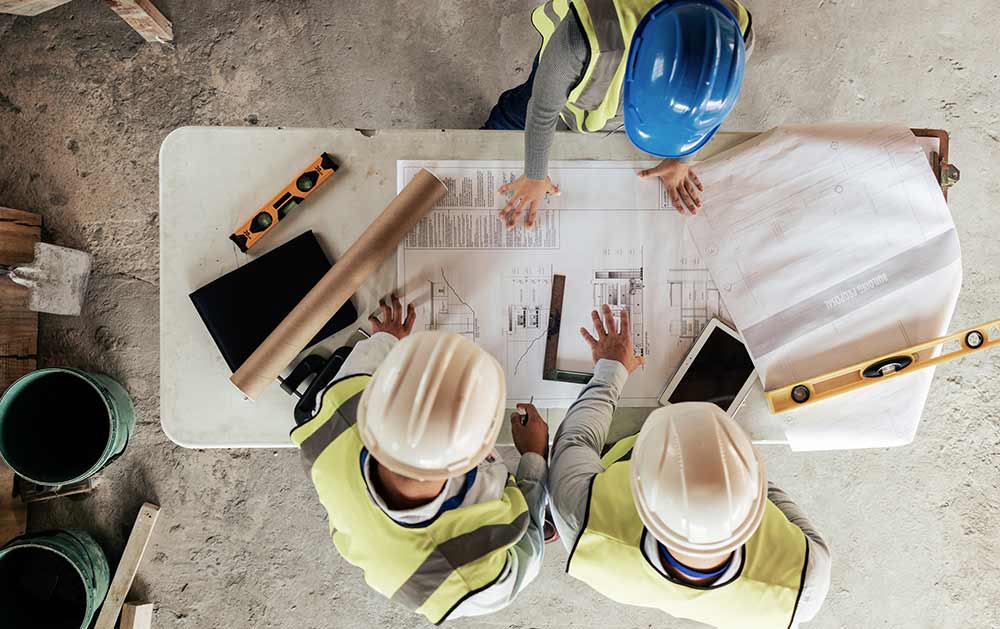General construction, often referred to simply as construction, encompasses a broad spectrum of activities involved in building, renovating, or repairing structures of various types and purposes. Here are the key components typically included in general construction:
- Project Planning and Design: This involves initial consultations, feasibility studies, conceptualization, and architectural design to outline the scope, requirements, and specifications of the project.
- Permitting and Regulatory Compliance: Obtaining necessary permits, approvals, and complying with building codes, zoning regulations, and environmental requirements before commencing construction activities.
- Site Preparation: Clearing the construction site, grading, excavation, and preparing the ground for building foundations, including utility connections and infrastructure work.
- Foundation Work: Laying the foundation, which serves as the base of the structure and supports the entire building, using various methods such as concrete slab, crawl space, or basement foundations.
- Structural Framing: Constructing the structural framework of the building using materials such as steel, concrete, or wood, providing support and stability to the entire structure.
- Roofing and Exterior Finishing: Installing roofing systems and exterior finishes, including walls, windows, doors, cladding, and architectural features, to protect the building from the elements and enhance its appearance.
- Interior Finishing: This includes interior construction and finishing work, such as drywall installation, flooring, ceilings, partitions, painting, and installation of fixtures and fittings to create functional and aesthetically pleasing interior spaces.
- Plumbing, Electrical, and Mechanical Systems: Installing plumbing, electrical wiring, heating, ventilation, air conditioning (HVAC), and other mechanical systems to ensure comfort, safety, and functionality within the building.
- Specialized Installations: Depending on the project requirements, specialized installations may be needed, such as fire suppression systems, security systems, communication networks, or specialized equipment for commercial or industrial facilities.
- Final Inspections and Handover: Conducting final inspections to ensure compliance with regulations and quality standards, addressing any deficiencies, and handing over the completed project to the client or end user.
General construction projects can vary widely in scale, complexity, and purpose, ranging from residential homes and commercial buildings to infrastructure projects such as roads, bridges, and utilities. Effective project management, coordination of subcontractors, and adherence to safety and quality standards are essential elements of successful general construction projects.




